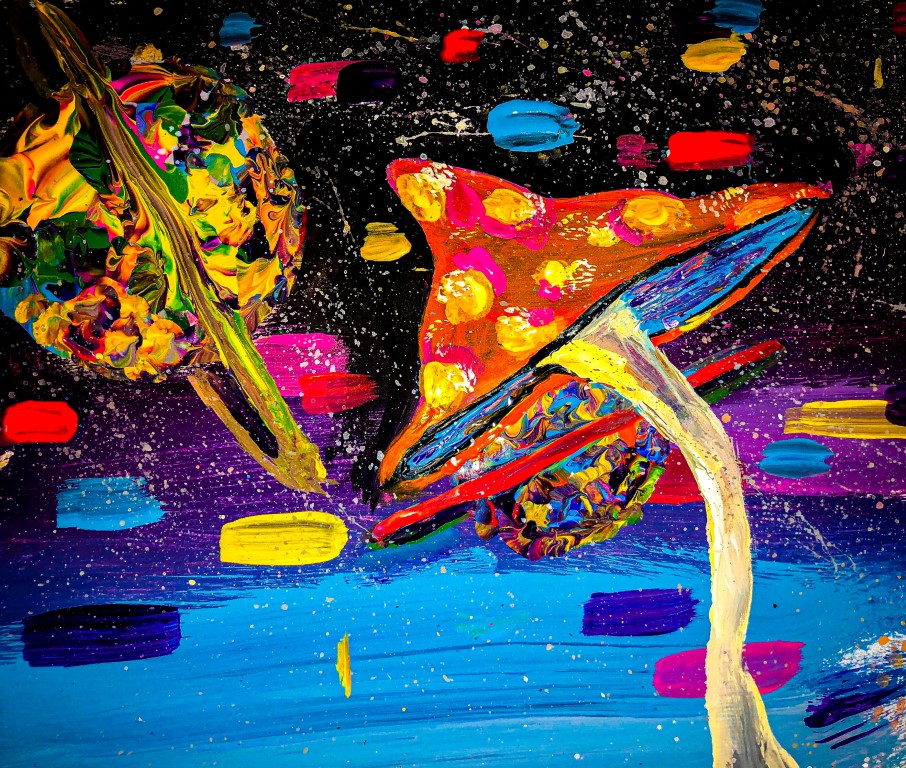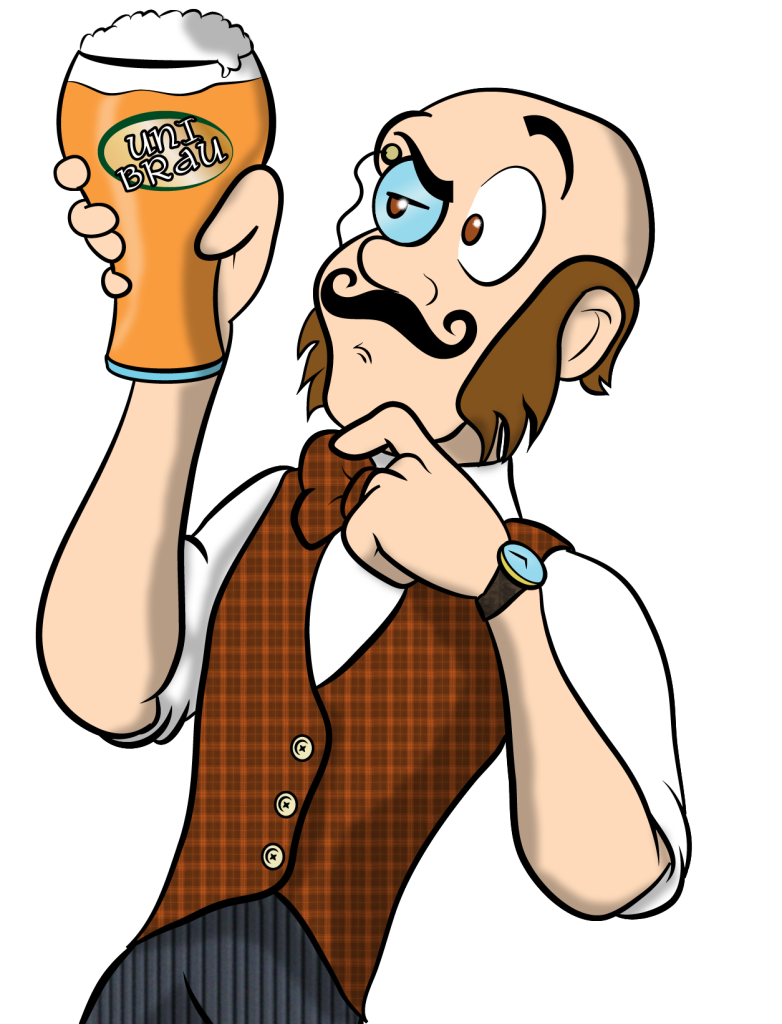
Psilocybin is safer than cannabis
By Alexis Zygan, Contributor
There is far more to the substance than displayed by dazed and out-of-touch stereotypes of hippies dancing in a field of flowers.
On November 3, Oregon voted in favour of legalizing psilocybin, also known as psychedelic or magic mushrooms. This historic decision opens the door for researchers to study this mysterious plant and permits ingestion in a controlled environment supported by a mental health specialist. Under Canada’s Controlled Drugs and Substances Act, psilocybin is labelled as schedule III, illegal to consume unless approved by the Health Minister for a medical trial. In 2019 an experiment took place to treat patients with long-term depression symptoms, and in 2020 another to alleviate the stress of terminally ill cancer patients. Currently, Canada does not have any official plan to decriminalize and legalize psychoactive mushrooms.
However, these laws have not halted online dispensaries from selling various psychedelic mushrooms and grow kits to anyone with access to a credit card, risking up to ten years behind bars with each package mailed. Many scientists in Canada have pushed to overcome bureaucratic barriers to understand the mystical powers of shrooms better. Widespread legalization and decriminalization of the mushroom could aid with skyrocketing mental health diagnoses. Psilocybin is a natural serotonin reuptake inhibitor, making them an ideal remedy for treating symptoms of depression. Clinical trials have also shown their therapeutic benefit in treating alcohol addiction. Canada should consider decriminalizing mushrooms, especially since they are considered the least harmful drug to both the user and the community, according to a study from the Global Drug Survey of 2017.
In 1971 Richard Nixon laid the foundation for The War on Drugs, which demonized psychedelics by associating them with rock ’n’ roll and hippies. Fearmongering created the myth that psilocybin causes users to lose sight of reality and jump out of windows. The former holds some truth to the psilocybin experience; in the 4 to 6 hours the trip lasts, users find themselves in a state of enlightenment due to their heightened senses, and the euphoria produces enchanting hallucinations. In the centuries before restrictive systems, shamans integrated the “divine mushroom” into ceremonies to connect with the spirit world. Mayan and Aztec cultures would even worship the mushroom as they recognized the plant’s healing and insightful properties. Canada could benefit from an approach that shifts the mainstream perspective by redefining psilocybin as a widespread enlightenment plant. There is far more to the substance than displayed by dazed and out-of-touch stereotypes of hippies dancing in a field of flowers.
The Multidisciplinary Association for Psychedelic Studies has been advocating for psychedelic research since 1986. They also provide resources for people seeking therapists willing to integrate psychedelics into their healing process. At a psilocybin therapy session, the mental health specialist guides the individual through whatever feelings arise; if taken without guidance, the loss of control can be terrifying for some first time users and may incite fear and paranoia. Once the effects dissolve, a therapist can help integrate the experience. For those interested in seeking alternative medication for depression, micro-dosing entails ingesting a low dosage of mushrooms regularly without any psychoactive side effects. Before consuming psychedelics, refer to family medical history. If not cautious, psilocybin can cause more harm than good to those with a history of schizophrenia by potentially triggering psychosis.
Hopefully, soon Canada will follow in the footsteps of Oregon to decriminalize and legalize psychedelic mushrooms. An abundance of species is grown in British Columbia to forage readily. Psilocybin can be a gateway to spiritual awakening by inciting what many call an ego-death, enabling one’s identity to melt away. Even though the transformative experience only temporarily alters consciousness, the impact on outlook can be long-lasting. Books like Consciousness Medicine by Kristina Hunter and How To Change Your Mind by Michael Pollan are offer an in-depth look at some of the benefits of psilocybin.


